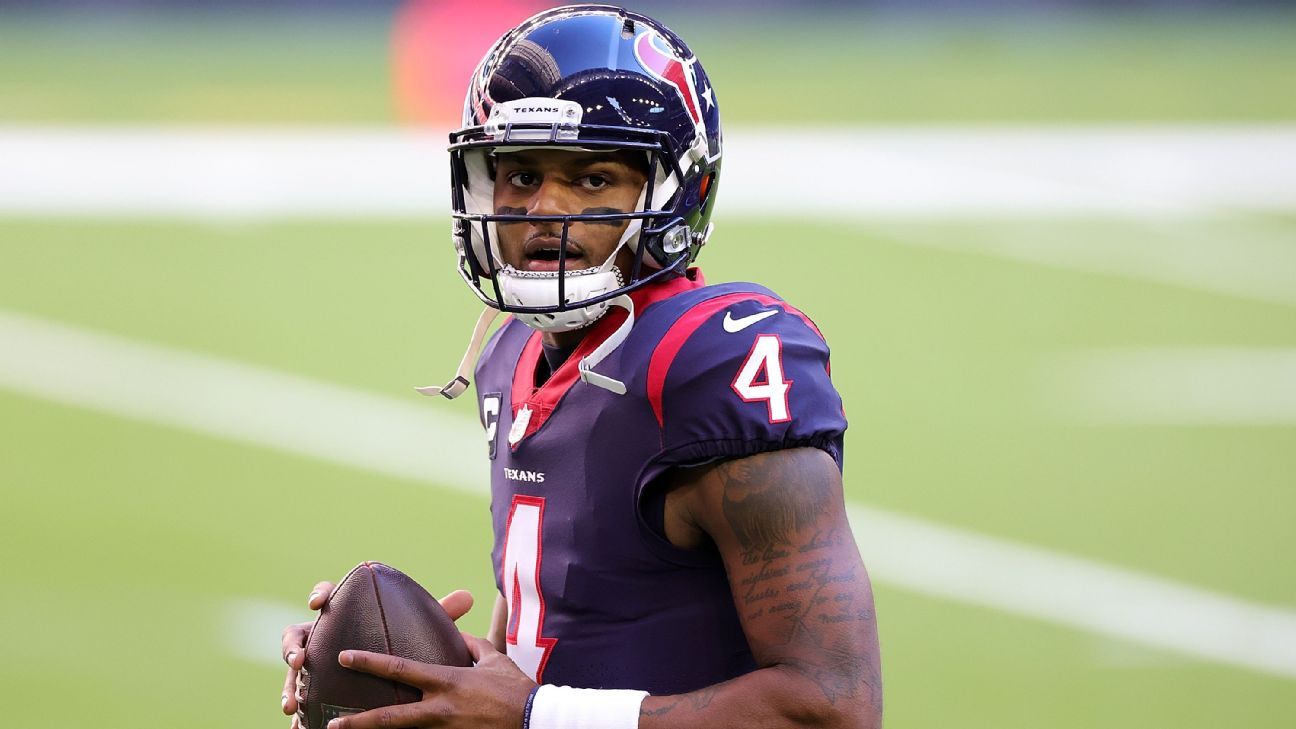Scoggins:
Vikings owners' 'super-competitive' edict creates tug-of-war between present and future
...
The Wilf ownership executed a dramatic shakeup in football leadership after years of continuity and stability in what amounted to an abrupt organizational reset. But Mark Wilf promptly dismissed any notion of a rebuild, saying he expects his team to be "super-competitive" this coming season.
In words and actions since that day, the Wilfs have made clear that they believe two consecutive non-playoff seasons (and three out of the past four) can be blamed almost entirely on coaching, that it was a Mike Zimmer problem, not an indictment of Kirk Cousins or the roster.
Except, the salary cap quagmire left by General Manager Rick Spielman has created dueling agendas that make ownership's win-now objective a tug-of-war with reality.
The roster badly needs a massive infusion of young, less expensive talent. Jettisoning Zimmer and Spielman provided the perfect opening to give the new regime a blank canvas.
Ownership's demands to be super-competitive all but required another extension for Cousins, with the benefit of lowering his cap number, and run-it-back approach with the roster.
Turning the offense over to Kellen Mond, a drafted rookie or a veteran bridge quarterback would make the Vikings worse this season, potentially much worse, and the short term appears to be the Wilfs' priority.
On the flip side, the Vikings defense ranked among the NFL's worst, and the Star Tribune's Ben Goessling reports that the team is trying to trade Danielle Hunter, a premier pass rusher when healthy. A vulnerable defense unloading its best player at a marquee position doesn't sound like a recipe for being super-competitive.
The defense has major holes on the line and secondary, and new GM Kwesi Adofo-Mensah and cap guru Rob Brzezinski are working every angle possible, including checking under couch cushions, to find money to upgrade personnel.
Their salary-cap situation is a mess. Adofo-Mensah is trying to solve that problem while understanding his boss wants to win now and the quarterback continues to consume a sizable percentage of the cap and the defense requires an overhaul and Hunter presumably wants a mega deal and … oh yeah, by the way, Justin Jefferson is going to command a blockbuster contract soon.
Again, this feels like a tug-of-war between present and future.
The Vikings are stuck in limbo, a state of mediocrity, which is a predicament that screams for a rebuild or reboot or however you want to frame it. Major changes to the roster are necessary.
The Wilf brothers seem to think differently. They are fans at heart. They likely see a roster that features Jefferson, Cousins, Dalvin Cook, Adam Thielen, Harrison Smith and Eric Kendricks and blame Zimmer for not squeezing more out of it.
Everything revolves around the quarterback. Nothing is more important to the organization's long-term success than getting that decision right. The Cousins extension buys time, two seasons, for the new regime to identify who they hope will become their franchise quarterback.
The Wilfs were owners for the draft selections of Tarvaris Jackson and Christian Ponder. They witnessed Teddy Bridgewater suffer a career-altering knee injury that started a chain reaction that included squandering a first-round pick for 17 games of Sam Bradford. They endured Donovan McNabb's bounce passes, the Josh Freeman debacle and Joe Webb starting a playoff game at Lambeau Field.
The owners are probably gun-shy about starting over at that position. Teams can't become paralyzed by the fear of the unknown or past mistakes.
The Vikings are banking on new coach Kevin O'Connell being able to pull more out of Cousins and the offense than previous coaching staffs. The defense is still a problem, though. And money is tight.
This entire discussion about the Vikings' approach to roster management comes down to one overarching question: What exactly is ownership's definition of super-competitive?


